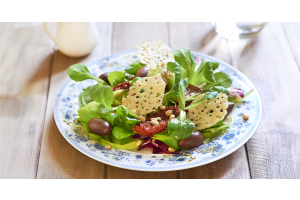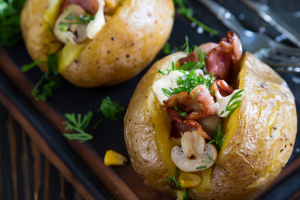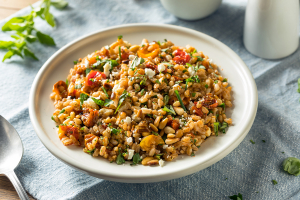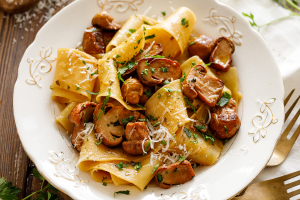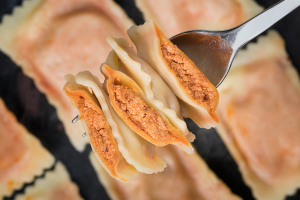All the secrets of the pumpkin: properties and benefits
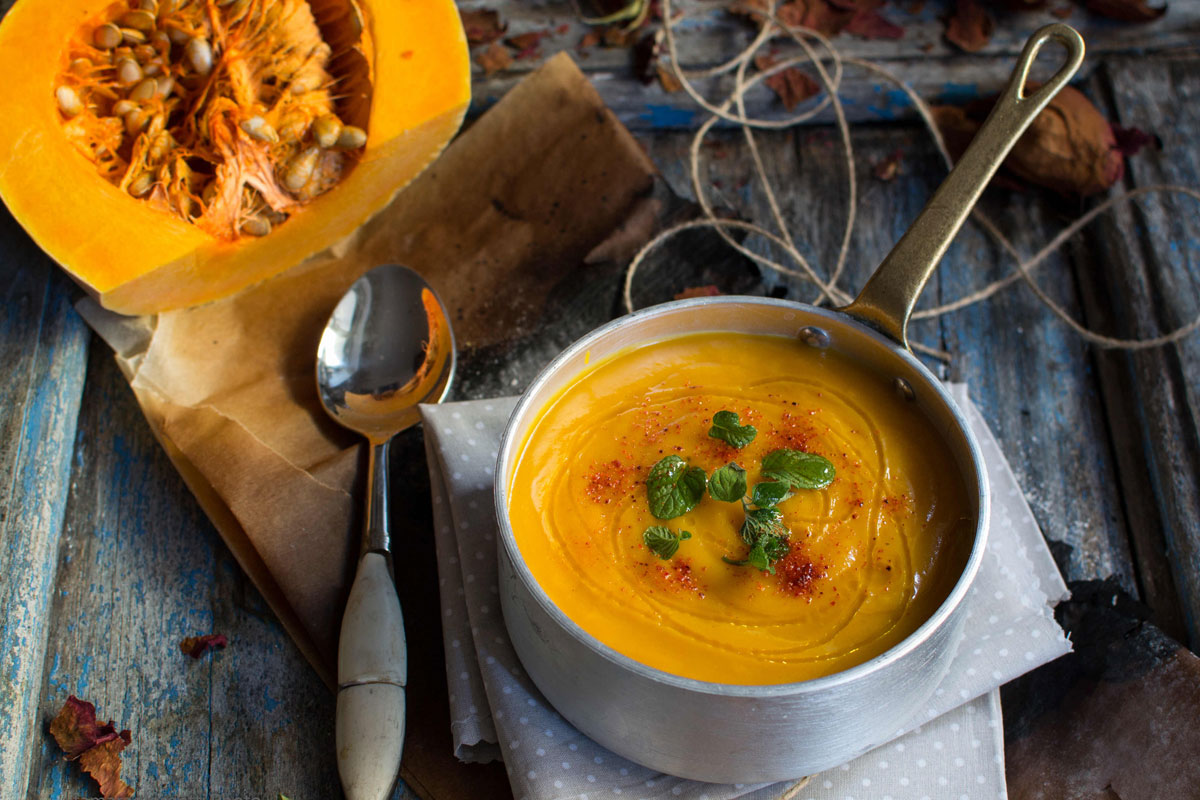
The pumpkin is probably the most representative vegetable of autumn: its characteristic orange colour is reminiscent of carpets of leaves fallen from trees and its image is immediately associated with Halloween, the symbolic festival of this season. But the pumpkin is not only this: it is above all a food with many hidden properties.
Pumpkin origins
Maybe we never think about it, but pumpkin is the biggest vegetable that exists. It is thought to be native to Central America because some pumpkin seeds dating back to 6,000 B.C. were found in an archaeological excavation in Mexico. Its Italian name derives from the Latin cocutia, which means head, then transformed into cozuccae and finally into zucca.
Properties and benefits of pumpkin
Perhaps the least known nutritional characteristic of pumpkin is its very low calorie intake: only about 20 calories per 100 grams of pulp. Its orange colouring is a clear sign of the high content of beta-carotene, the precursor of vitamin A, belonging to the carotenoid family (pigments of vegetable origin), a group of molecules that help to protect us from cellular ageing. The pumpkin is also hypolipidic and contains fibre and mineral salts, especially potassium, in good quantities. A portion of pumpkin (200 g) provides about 4% of the recommended daily fibre content. Very rich in water, pumpkin helps to meet the liquid requirements. A portion of this vegetable corresponds to about 1 glass of water.
The pumpkin can be eaten cooked, steamed, baked or pan-fried. Cooking, if not too long, does not result in a significant reduction of carotenoids, but boiling in water especially if long lasting and cooking in a microwave oven can reduce the carotenoid content.
To make the most of the carotenoid wealth and benefit from their properties, we must remember that these are fat soluble. So, to facilitate their absorption by our body, let's not forget to season the pumpkin with extra virgin olive oil. As an alternative to oil you can choose nuts (for example walnuts, almonds, pistachios) rich in "good" fats.
Pumpkin is also known to have remarkable diuretic properties, which is why since ancient times it was recommended to drink a glass of pumpkin juice in the morning on an empty stomach.

